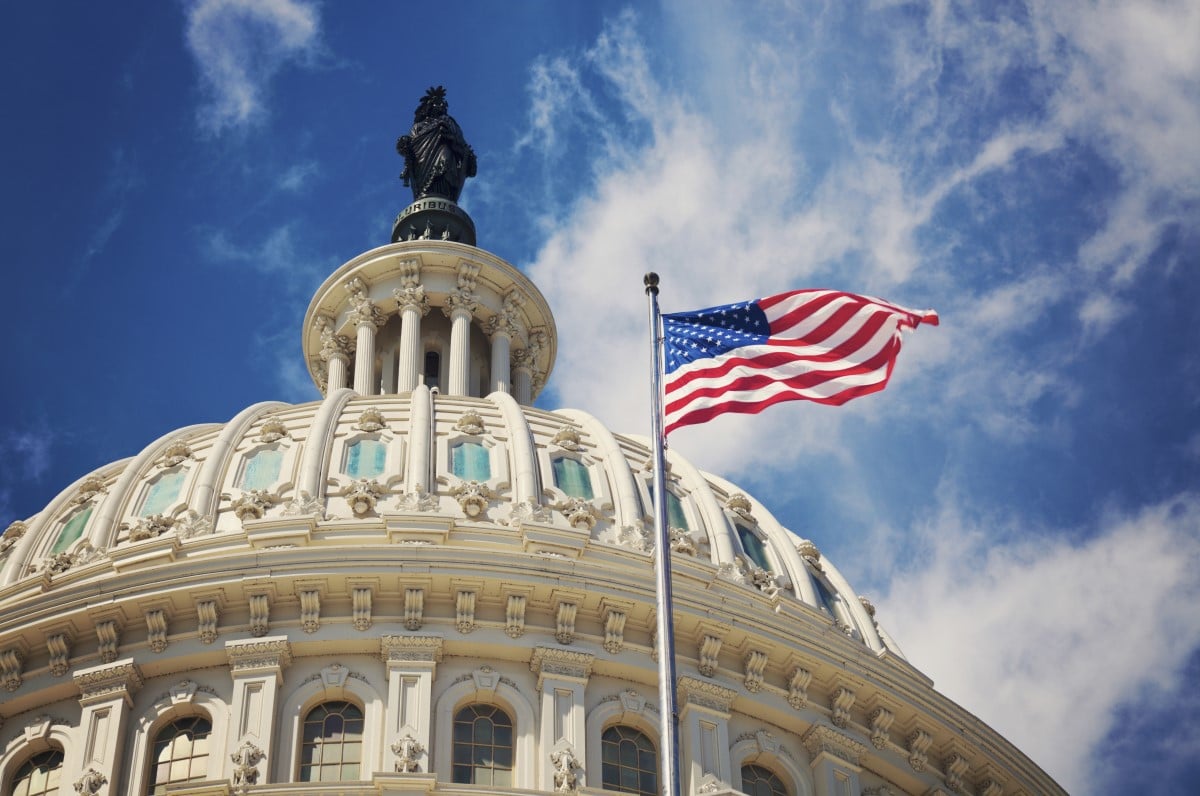By James Naughton and Caitlin Hamon, MOAA Government Relations
President Donald Trump signed the FY 2020 National Defense Authorization Act into law on Dec. 20, 2019. The $738 billion piece of legislation authorizes funding and provides authority for the military and other federal agencies. The law contained a number of important changes to military benefits, but not all of them took effect immediately. Here are a few of the changes already in place, and a few dates that should be on your radar.
Changes Already in Effect
Pay raise. Active duty, Guard and Reserve members saw a 3.1% military pay raise effective Jan. 1. Military retirees and survivors received a 1.6% increase in their cost-of-living adjustment.
TRICARE fee increases. There were no TRICARE For Life enrollment fees or deductibles in 2020. While Congress enacted no new programmed TRICARE fee increases in the FY 2020 defense bill, several previously scheduled fee increases took effect Jan. 1:
- Enrollment fees for retirees who entered service prior to Jan. 1, 2018. TRICARE Prime: $300 (single)/$600 (family), up from $297/$594; TRICARE Select: No fee.
- Enrollment fees for retirees who entered service after Jan. 1, 2018. TRICARE Prime: $366 (single)/$732 (family), up from $360/$720; TRICARE Select: $471 (single)/$942 (family), up from $462/$924.
- Retail pharmacy fees. $13 for 30-day supply of generic, $33 for brand name, $60 for non-formulary (up from $11, $28, and $53, respectively).
- Mail-order pharmacy fees: $10 for a 90-day supply of generic, $29 for brand name, $60 for non-formulary (up from $7, $24 and $53, respectively).
Note: No fees for 30-day supplies for generic and brand-name drugs from military treatment facilities (MTFs). Non-formulary prescriptions are generally not available at MTFs.
Getting prescriptions filled via mail-order continues to provide significant cost savings to both the beneficiary and the government. MOAA understands some beneficiaries have concerns about the mail-order program. Some beneficiaries prefer interacting with their pharmacist at the retailer; others have concerns about receiving medications in the mail. MOAA encourages beneficiaries to use the health delivery system that best fits their needs.
As a reminder, active duty families pay no enrollment fees for TRICARE Prime or Select. Military survivors and medically retired beneficiaries will not see an increase in their TRICARE fees.
Feb. 1, 2020
Contracts for privatized military housing. The secretary of defense will seek agreement from all landlords of private military housing units contracts which include increased flexibility in contract renegotiation; increased landlord responsibility for health and safety hazards (including relocation/health costs incurred by hazards); and maintaining an up-to-date work order system. Contracts will apply retro-actively.
March 1, 2020
Submittal of list of privatized military housing landlords to Congress. The secretary of defense will submit to the congressional defense committees the list of any landlords who do not agree to the contracts in the previous month.
May 1, 2020
Food scarcity in the military. DoD will provide a report to Congress on food insecurity in the military. The report will also look at the use of food assistance programs, the use of free or reduced school lunch programs, and the use of food banks. The report will also look at the number of military families on food stamps.
June 1, 2020
Commissary and exchange consolidation. DoD will provide a report to Congress on plans to consolidate the commissary and exchange systems.
[RELATED: MOAA Remains Cautiously Optimistic on Commissary-Exchange Merger]
June 17, 2020
Mental health improvements. The services will provide a report to Congress on a strategy to recruit and retain mental health providers. The report will describe the shortage of mental health providers in DoD, explain why a shortage exists, and show the effects of the shortage on the military.
Dispute resolution process for privatized military housing. The secretary of defense will establish a landlord-tenant dispute resolution process, including requests to withhold payments. The provision also ensures tenants entering into the process have access and assistance from a military housing advocate or military legal assistance attorney.
[RELATED: 4 Key NDAA Provisions, Backed by MOAA, That Will Improve Military Housing]
Sept. 30, 2020
Records of service for reserves. The secretary of defense will establish and implement a standard record of service for members of the reserve component of the armed forces, similar to a DD-214. The record will summarize the member’s service and include dates of active duty service.
Jan. 1, 2021
Widows tax. A three-year phase-out of the Survivor Benefit Plan-Dependency and Indemnity Compensation (SBP-DIC) offset, commonly known as the “widows tax,” begins. The offset will be reduced by one third over 2021 and another third over 2022, with full elimination starting Jan. 1, 2023.
[RELATED: SBP-DIC Offset Elimination: What We Know So Far]
Phase out of use of burn pits. The secretary of defense will provide the congressional defense committees a plan to phase out the use of burn pits identified in the DoD Open Burn Pit Report dated April 2019.
Jan. 1, 2030
TRICARE Reserve Select (TRS) modification. Federal employees who also serve in the reserve component will be allowed to purchase TRS, removing the current restriction.


